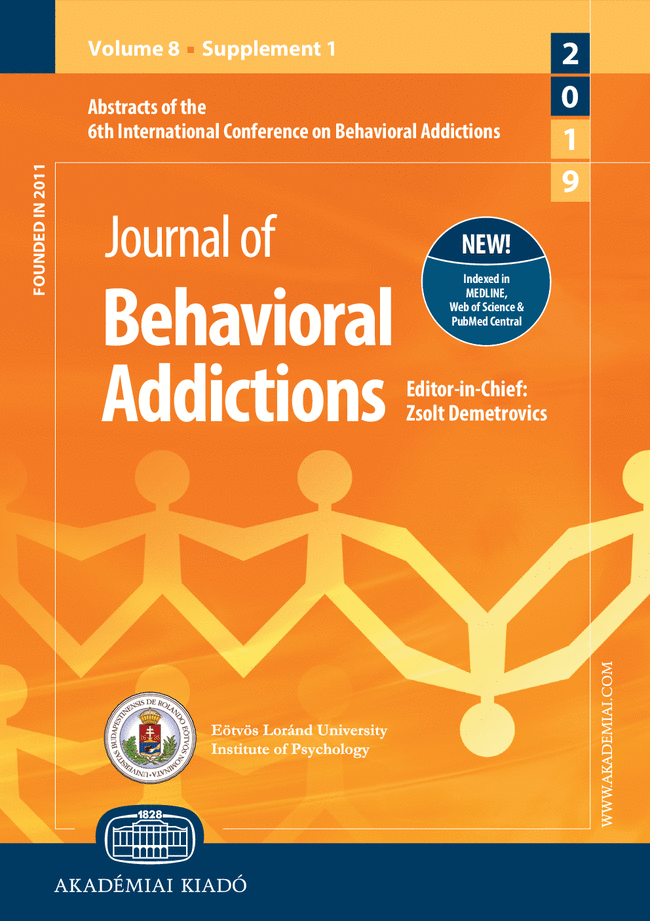Are sports bettors looking at responsible gambling messages? An eye-tracking study on wagering advertisements
Are sports bettors looking at responsible gambling messages? An eye-tracking study on wagering advertisements
Author(s): Lisa Lole, En Li, Alex M.T. Russell, Nancy Greer, Hannah Thorne, Nerilee HingSubject(s): Behaviorism
Published by: Akadémiai Kiadó
Keywords: responsible gambling; sports betting; wagering; advertising; gambling; eye-tracking
Summary/Abstract: Background and aims. The broadcast of wagering advertisements during televised sports matches has been associated with various adverse outcomes. In order to counter these effects, legislative bodies require wagering operators to include responsible gambling messages in their advertisements; however, the effectiveness of these messages is unclear. This study sought to examine the extent to which responsible gambling messages are looked at, in the wider context of gambling advertisements. Methods. Forty-nine regular sports bettors and 10 non-gamblers viewed a series of sports betting advertisements, while an eye-tracker recorded the number of fixations placed on responsible gambling messages, as well as other text-based wagering content. Results. Responsible gambling messages were, generally, presented in a non-conspicuous manner. Eye-tracking data revealed that significantly fewer fixations were placed on responsible gambling messages, compared to wagering information (p < .001); however, this effect did not differ according to level of gambling risk (p = .169). The number of fixations placed on the different types of responsible gambling messages was found to vary, based on gambling risk (p = .006), as well as, what appears to be, the physical characteristics of these messages. Discussion. Very few fixations were placed on, or near, responsible gambling messages, compared to other wagering information, meaning that, in their current form, they are unlikely to be effective in protecting against gambling harm. Preliminary evidence shows that presenting messages on a high-contrast/block-color background increases the number of fixations on these. Conclusion. Further research is needed to identify ways of increasing the effectiveness of responsible gambling initiatives in the sports betting context
Journal: Journal of Behavioral Addictions
- Issue Year: 8/2019
- Issue No: 3
- Page Range: 499-507
- Page Count: 9
- Language: English

